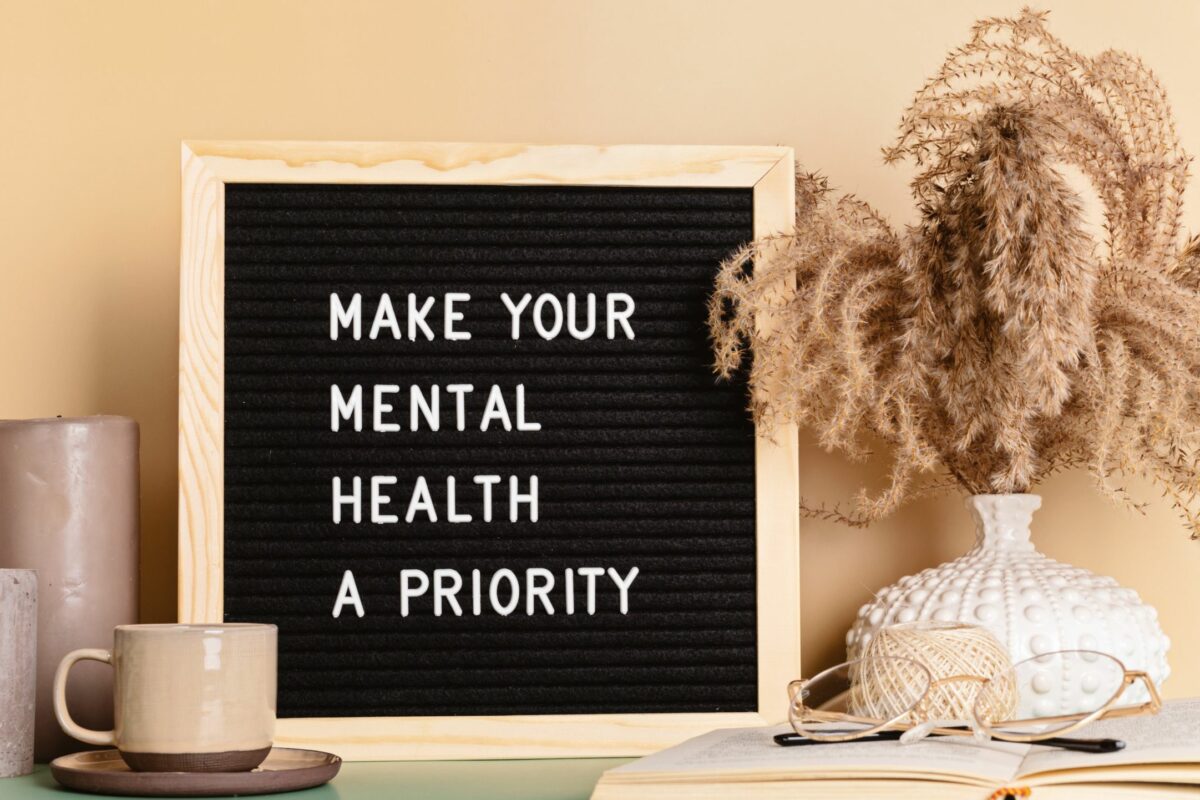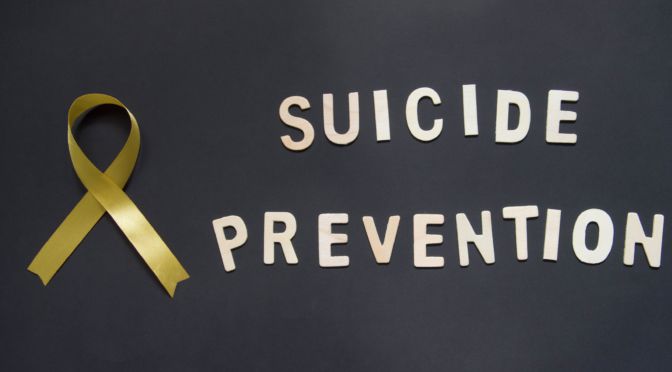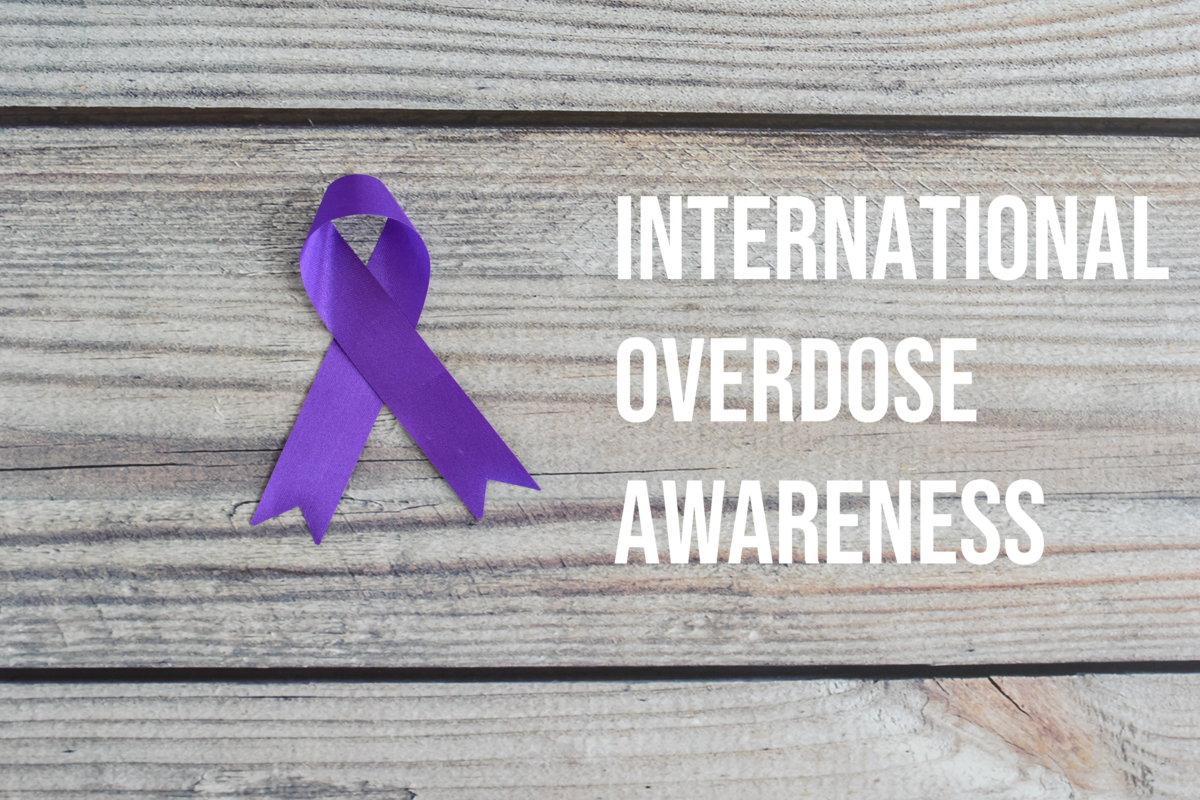Do Not Wait for a Holiday to Express Gratitude
Gratitude is a “trending notion” right now, but do people really know what it means to show, express, feel and embrace gratitude. Gratitude is a feeling of appreciation, gratefulness, or thankfulness for someone or something. Whether it is trending or not, data shows that expressing gratitude or living a life in a grateful way has social, physical, and psychological benefits. Believe it or not, gratitude helps you feel better, sleep better, and can even strengthen your relationships. And it is a skill that can be developed with practice. Learning how to express gratitude can be as simple as saying please and thank you, writing thank you notes, listing your blessings, and sharing what you are thankful for with others.
Holiday seasons, anniversaries, and other momentous occasions, can stir up a lot of emotions including joy and sorrow, togetherness, and isolation. Choosing a grateful spirit and approaching life with a feeling of appreciation can lead to feelings of joy and togetherness instead of sorrow and isolation. Now is a great time to start creating a gratitude practice so you can experience the benefits such as an improved outlook on life, reduced depression and anxiety, better physical health, and the ability to weather the storms of life such as this COVID-19 pandemic.
Read more about gratitude and its positive impact on health in: Do Not Wait for a Holiday to Express Gratitude.




